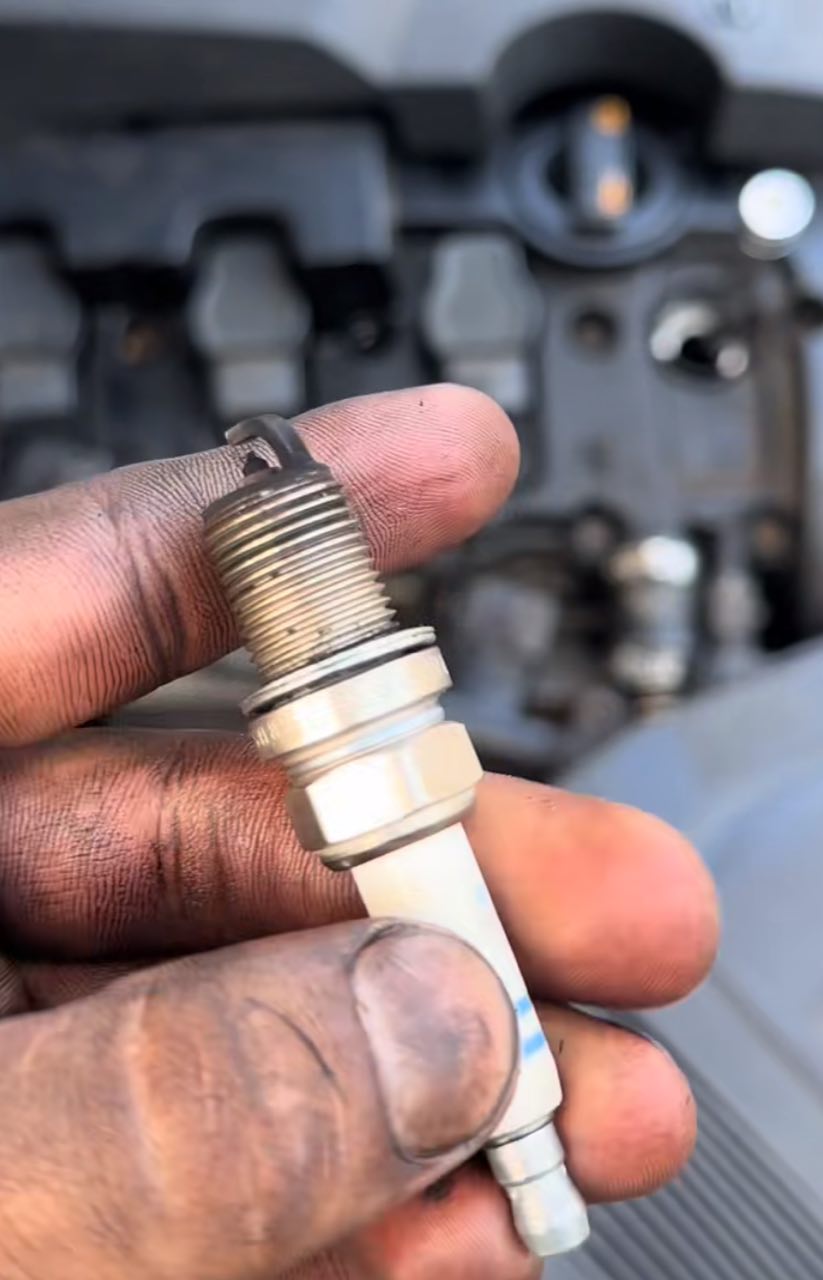Oil on spark plug threads is a frequent problem for car owners, and it can lead to significant issues if not tackled. The oil on the spark plug threads can lead to hard starting issues, fouled spark plugs, and poor engine performance. To understand what causes this problem and how to address it, it’s essential to know how the oil system works and why it can end up on the spark plug threads. This article will provide an in-depth look into what causes oil on the threads of your spark plugs and how you can fix this issue quickly and easily. Understanding the root cause of this issue will help you ensure your vehicle operates smoothly for many years.
Causes of Oil Accumulating on Spark Plugs

If this gasket wears out or fails, it will allow oil to build up on top of the spark plug threads and eventually get into them. Finally, some cars have a PCV valve that vents unburned gases from the crankcase and brings them back into the intake manifold, where they can be burned again; if this valve gets clogged or broken, then it could lead to excess oil accumulation on top of your spark plug threads as well.
Symptoms of Oil on Spark Plugs
If oil is present on the threads of your spark plugs, there are a few symptoms to look out for that can indicate a problem. One of the most common signs is misfiring or hard starting when you try to start your engine. If oil has accumulated over time, it can reduce the electrical connection between the spark plug and its electrode, resulting in poor performance or no spark. Another symptom that could be indicative of this issue is dark-colored exhaust smoke that’s rich in oil fumes. It is caused by unburned oil entering the combustion chamber and burning off incompletely. Finally, if there’s an excessive amount of oil accumulating around the spark plug threads, then this could be evidence that there’s a problem with one or more components in your car’s engine system.
Preventing and Cleaning Off Oil from Spark Plugs
The best way to prevent oil from accumulating on spark plugs is to make sure all components related to the engine system are regularly checked and replaced as needed. If your vehicle has a PCV valve, then it should be inspected frequently for signs of clogging or damage. It’s also important to have your valve cover gasket inspected for signs of wear and tear; if it looks worn out or cracked, then it should be replaced right away, as this could lead to excess oil accumulation in your engine system. When dealing with existing buildups of oil on spark plug threads, removing them and cleaning them with brake cleaner will help remove some of the oily residues left behind by burned fuel. Additionally, replacing any spark plugs fouled by too much oil buildup will help ensure good performance from your vehicle going forward.
Conclusion
Oil on spark plug threads is a common problem that can lead to hard starting issues and poor engine performance. Understanding the causes of oil accumulation will help you prevent it from happening in the first place. Knowing how to clean off existing buildups will help you get your vehicle running optimally again. Taking care of basic maintenance and repairs related to your engine system is the best way to avoid this issue in the future. Making sure components like the piston rings, valve cover gasket, and PCV valve are all in good working order will go a long way toward ensuring that your car runs smoothly for years down the road.

Add Comment